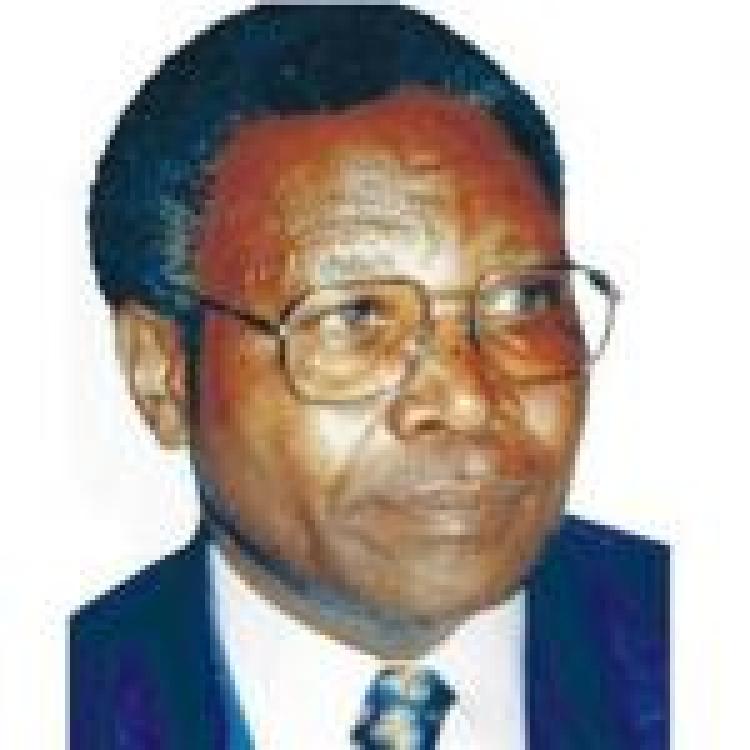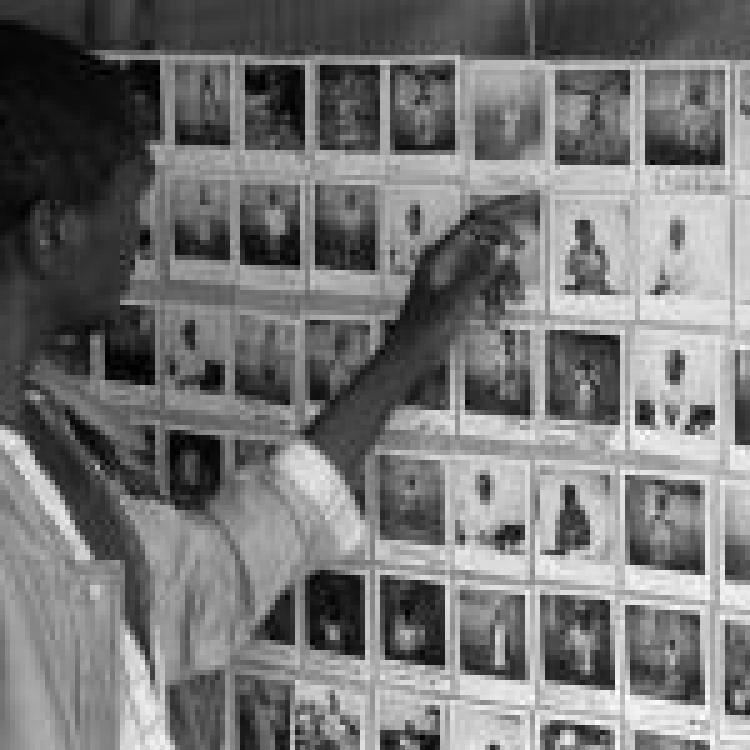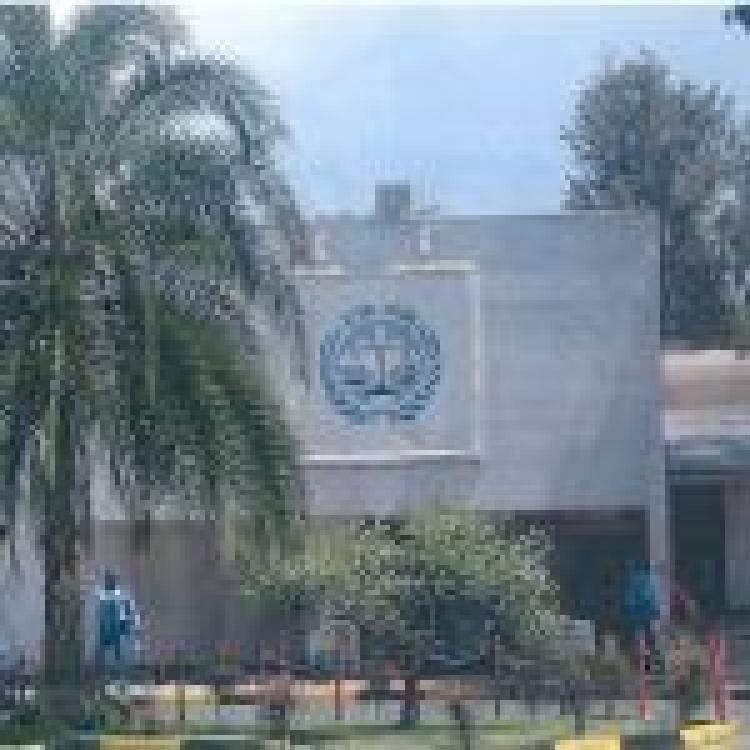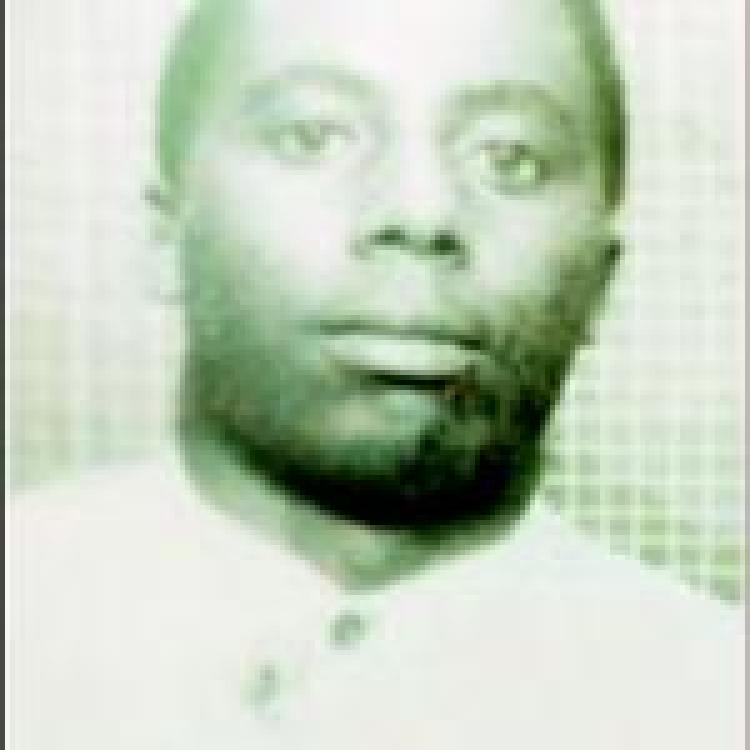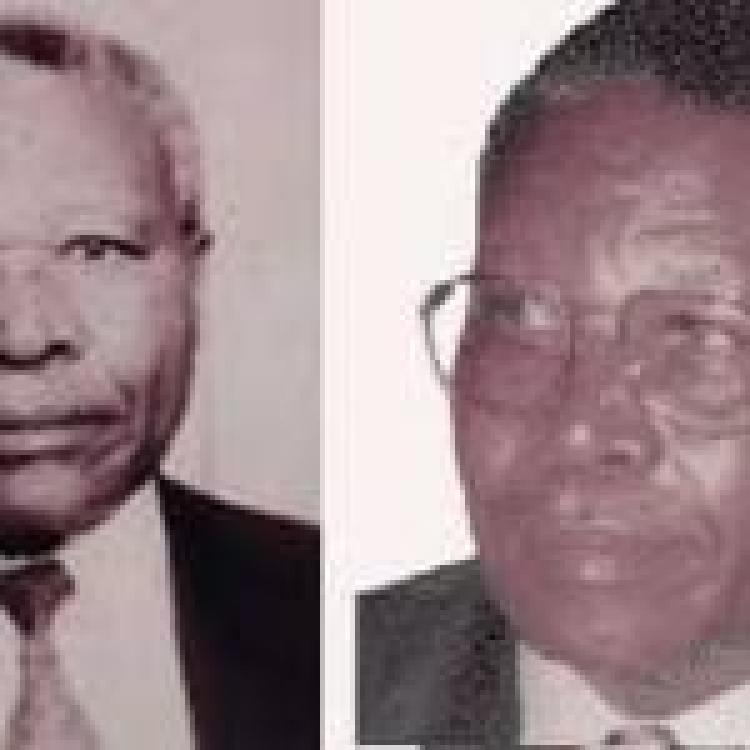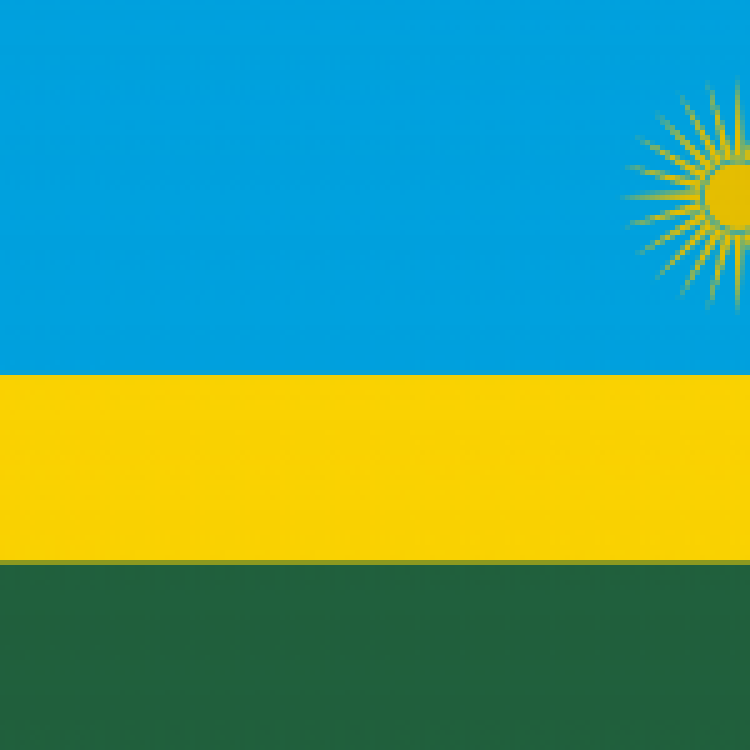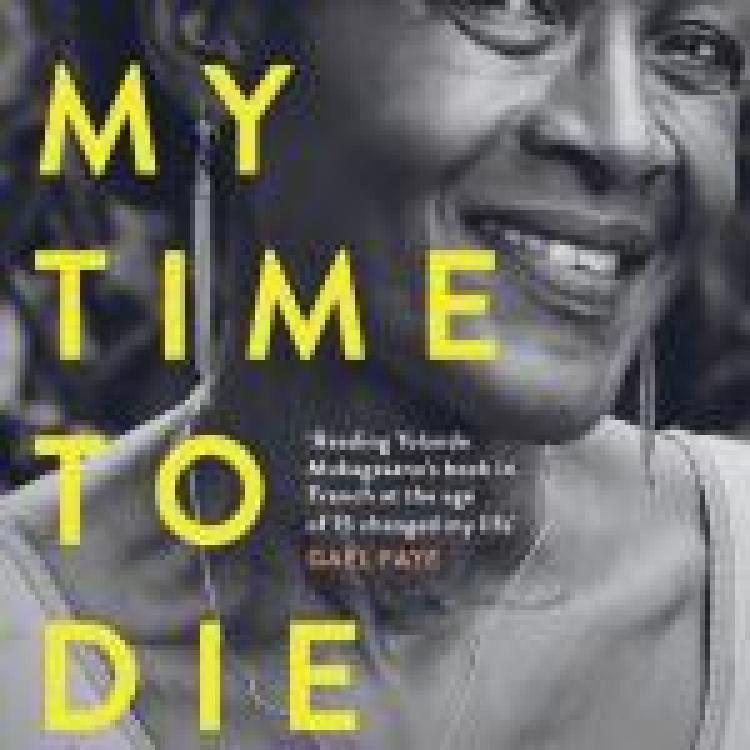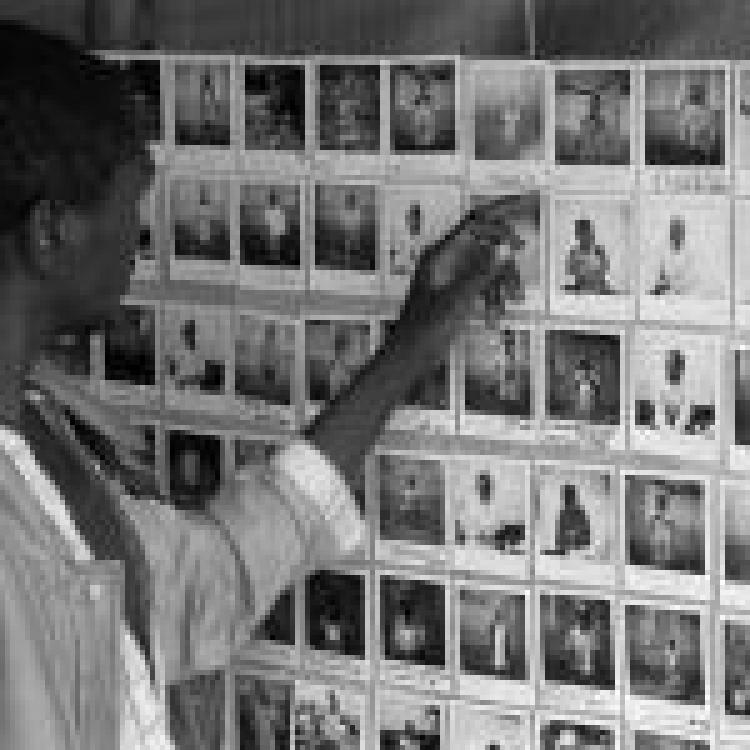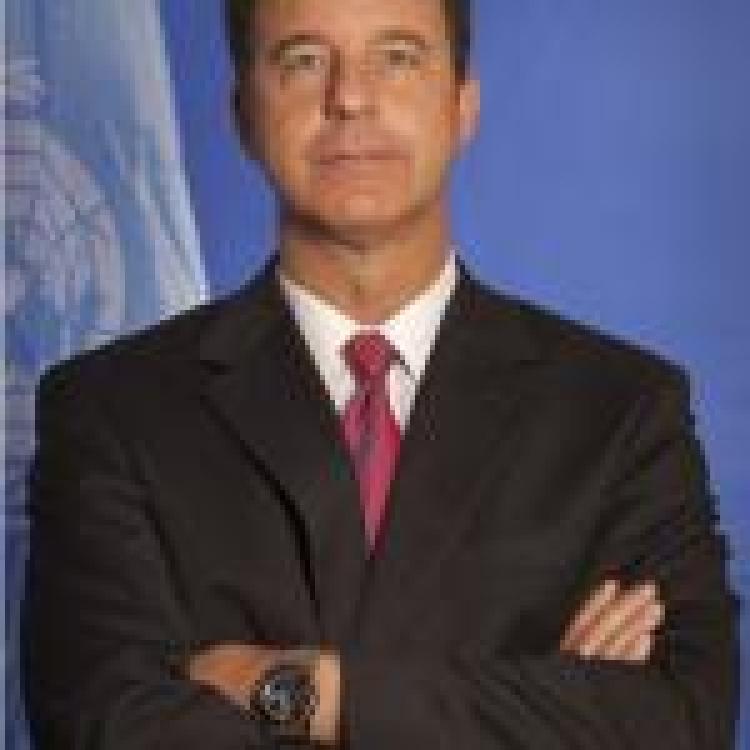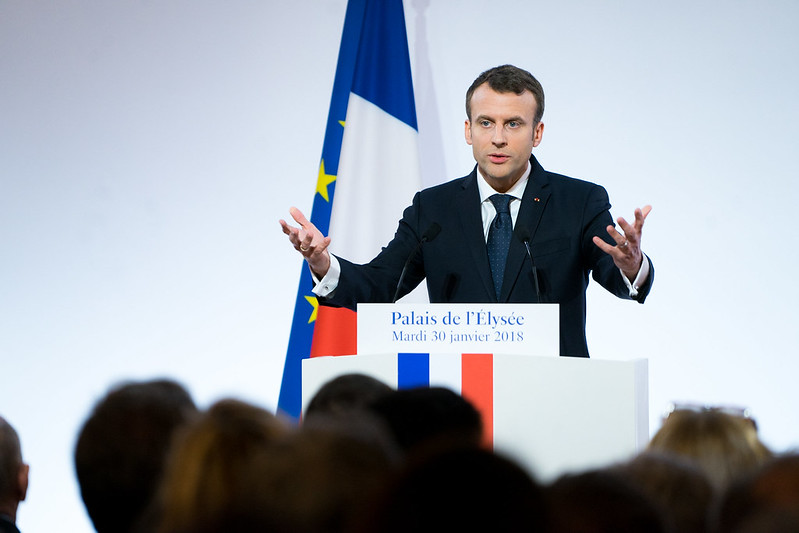
French President, Emmanuel Macron, asked for Rwandan’s forgiveness its silence over the Rwandan genocide, in which 800,000 Tutsi and Hutu dissidents were killed, however, Macron fell short of apologising for the role France played.
In his statement Macron maintained that France had for too long "valued silence over examination of the truth" but also noted that France had not been an accomplice in the killings and that "France did not understand that by wanting to block a regional conflict or a civil war, it stood de facto by a genocidal regime".
This statement follows the publication of a report by an expert French commission which found that late President François Mitterrand had borne "heavy and overwhelming responsibility" for the genocide but denied direct complicity in the killings. However, the report does however acknowledge that France had deep ties “with a regime that encouraged racist massacres” and notes that bore complicity for certain crimes. This report was originally commissioned in May 2019 to investigate France’s role in Rwanda from 1990-1994 through archival research.
Aiding genocide
One of the revelations within the report was that French intelligence knew that it was Hutu extremists that shot President Habyarimana’s plane down, which is seen as a triggering event behind the genocide. Journalist and author Andrew Wallis told Al Jazeera that:
“A previous French judge’s report had denied that and put the blame on President Kagame’s RPF [Rwandan Patriotic Front party], and this misinformation has done the rounds for 27 years. It was in their archives that they knew this in fact was untrue.”
A further controversy has surrounded Operation Turquoise, a military-humanitarian intervention launched by Paris under a United Nations mandate between June and August 1994. Critics maintain that this operation, whilst providing humanitarian support, aimed at supporting the genocidal Hutu government and preventing a victory from the RPF.
The report notes that in July 1994 “murderers but also the masterminds of the genocide” were in a safe zone established by French forces in the west of the country “who the French political authorities refused to arrest”.
Critics have further accused France of deliberately shredding hundreds of documents containing details of their relationship with the genocidal regime.
A political decision
Commenting on Macron’s statement Al Jazeera’s journalist Malcolm Webb notes:
Macron “has to think about France’s interests in Africa generally and here in Rwanda there’s definitely a requirement to win the allegiance of Paul Kagame and the government to make the French narrative now match the narrative of RPF […]
“On the other hand, Macron has an election coming up in France and he has to stave off critique from the far right,” Webb said. “If he’d apologised here, that very likely would have been attacked by the far-right and would not have been appreciated by powerful people in the military.”

